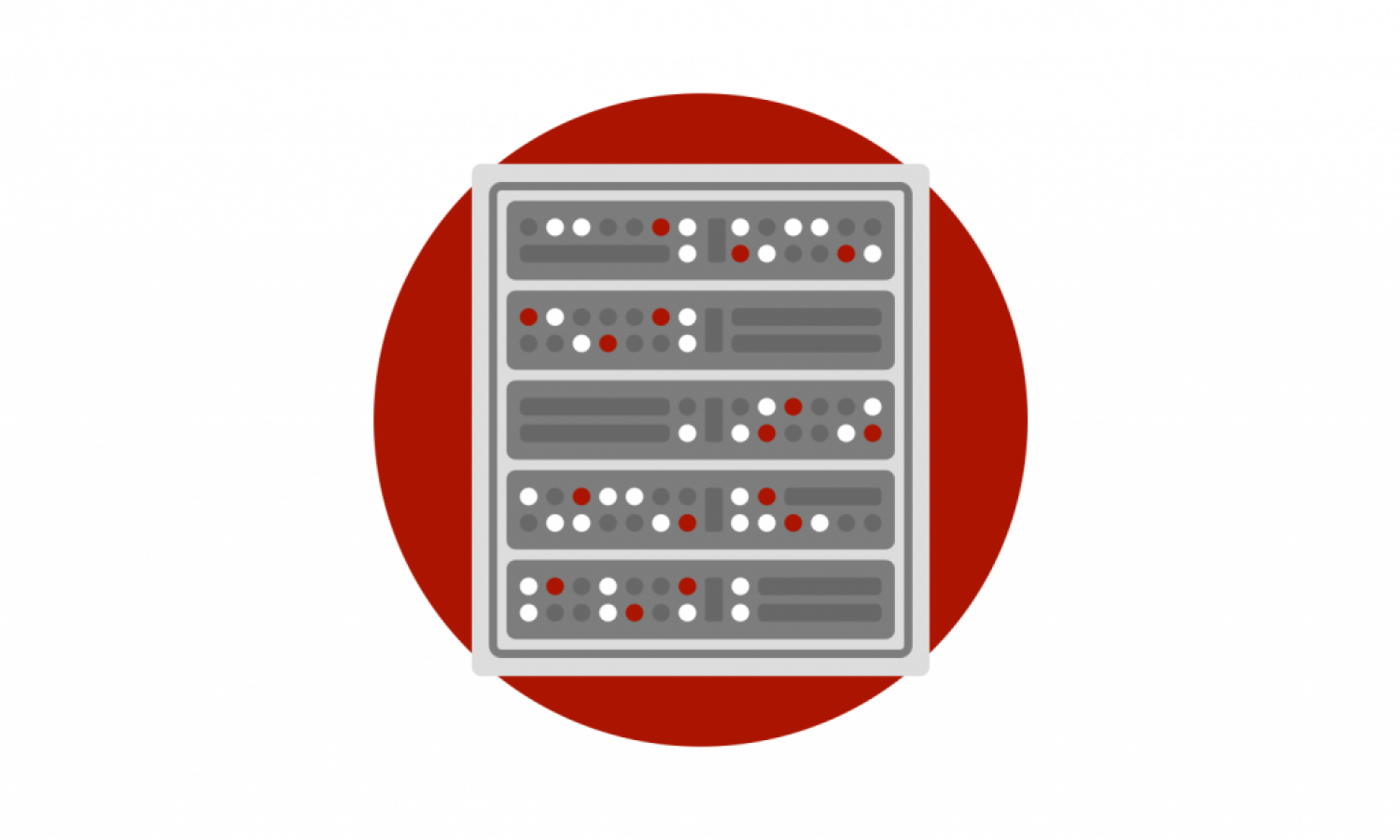The Fixation on Warrantless Data Seizures Makes Prevention of Crime Harder
The following commentary is from i2Coalition co-founder and Public Policy Working Group Chair David Snead cross-posted from the Web Host Industry Review:
The Senate is debating reform of the decades old Electronic Communications Privacy Act (ECPA). Those who oppose this reform, and other reforms designed to preserve our Fourth Amendment rights, often argue that law enforcement needs exceptions to the warrant requirement. These arguments tend to revolve around assertions that law enforcement needs access to data in certain circumstances because demonstrating that a warrant is required is too time consuming or difficult. Those making these arguments often go beyond existing warrant exceptions, to try making whole swaths of data exempt from a warrant. For example, administrative agencies seek access to virtually all email correspondence by simply issuing a subpoena. These exceptions, if agreed to, may solve a current problem. In the long term, they will make gaining access to data more difficult, if not impossible.
Simply put, these arguments undermine confidence that Constitutional protections that we currently have in our communications, and in our day to day privacy, apply to the Internet. Since the Internet is now a fixture of our daily lives, users will find a way to secure their communications from search and seizure rather than stop using the Internet. Encryption is a simple, easy way to accomplish this goal.
As law enforcement and those beating the “national security” drum continue to push for more and greater warrantless access to data, those concerned about the seizure of their data will turn to encryption. The problem that encryption presents to law enforcement is that it will end up making data virtually inaccessible. Warrantless access to data may in the end lead to virtually no access to data, an outcome that no one seeks.
The days of hard to use cryptographic technology are gone. One only need look at the number of VPN, encryption and “shredding” applications offered in various mobile marketplaces to see how easy encrypting you communications actually is. While these applications may only be used by those on the privacy fringes, debacles like the Department of Justice’s seizure of AP telephone records will create greater public awareness of the lack of fourth amendment protections in Internet data, and a resulting desire for greater confidence in the security of these communications. Encryption provides this security. Easily.
Law enforcement, administrative agencies and members of Congress are being short sighted in the current debate about ECPA. The focus should be on ensuring that users of the Internet feel that their communications are secure, and that Constitutional guarantees to be free from unreasonable searches and seizures have been preserved. Digital communications are no different from other forms of communication and should receive full fourth amendment protection.

